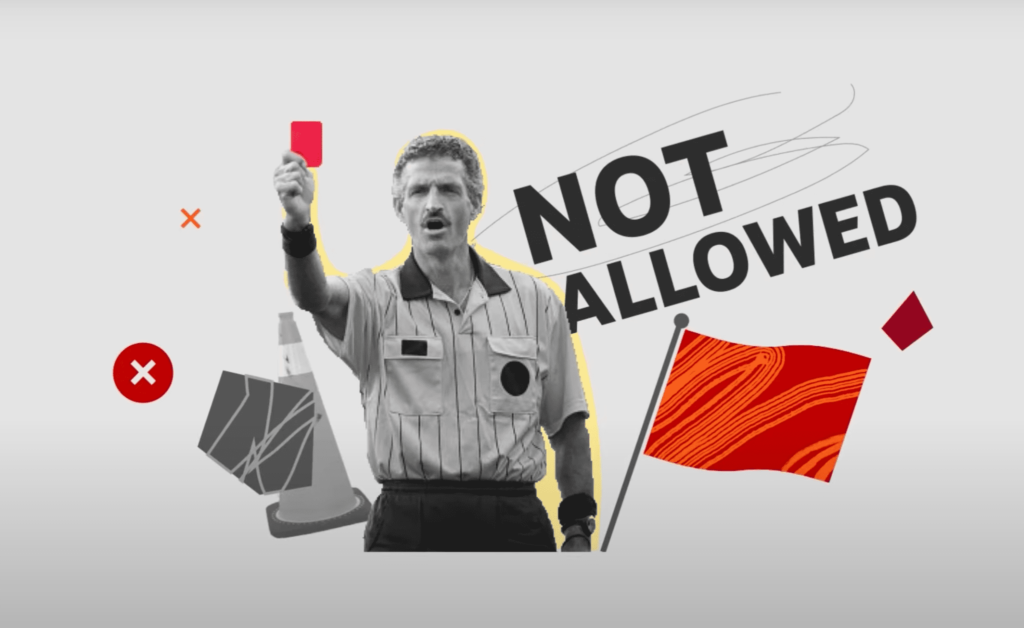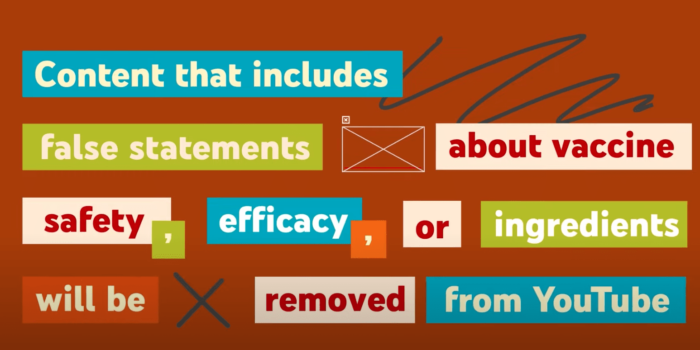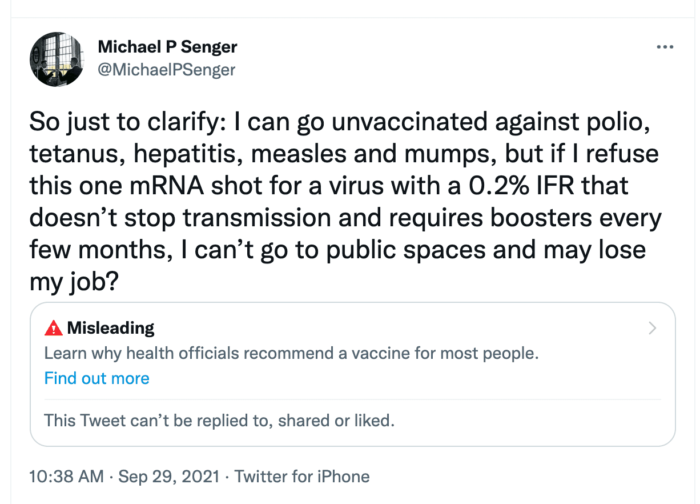Tech Censorship

You saw, I take it, that YouTube has banned a number of channels that disseminate what YouTube considers to be fake news about vaccines. Here’s a link to YouTube’s statement about its policy against “medical misinformation”.
Do you trust YouTube’s censors to make honest and appropriate decisions about this topic? I don’t. I am 100 percent certain that there are accounts that could legitimately be banned for putting out vaccine misinformation … but I don’t trust YouTube to discern between those garbage accounts and accounts by people who are sincerely asking valid critical questions about vaccines, or pointing out flaws in the official story.
Just saw this:
Just got BANNED on Facebook for 3
days for posting actual quotes from Joseph Goebbels about propaganda.They will not let us discuss history. Not even to share direct quotes. This is chilling. @Facebook pic.twitter.com/g732gV85Et
— Keri Smith, Unsafe Space (@ksemamajama) September 29, 2021
This past summer in Romania, a Romanian journalist was kicked off of Facebook for posting a link to an interview he did with me about Live Not By Lies. And a Hungarian conservative magazine was warned by Facebook’s Hungarian staff that they risked being thrown off by continuing to post things Rod Dreher has written.
It’s real. These tech people are not benign and impartial moderators of the conversation. We have given them far too much control over public discourse. They are showing themselves for who they really are now.
It’s not really the fact that they are acting as editors. Every website or portal has to have an editor. As you know, I censor the comments here all the time. Nothing goes up without my approval — and that approval means not that I agree necessarily with what some commenter says, but only that I allow it to appear. Sometimes I make mistakes, especially when I have to approve a lot of comments in a single stretch, but on those occasions one of you usually calls me on it, and I remove the bad comment. If you saw the things I see — submitted comments, I mean — you would doubt whether it was a good idea that Al Gore invented the Internet.
So, yes, somebody has to make the call of what’s acceptable and what’s not. If you don’t have someone doing that, your forum becomes unusable, because bad content drives out good. (You might remember the day I lifted the censorship for one post, and it took about twenty comments before people started to ruin the thread.) The question is, who is making those decisions — and who is affected by those decisions? When it comes to a little guy like me, nobody really cares what a single journalist does with the comments on his site. But YouTube and Facebook (along with Amazon, Google, and others) are the biggest deals in the world! If they forbid a certain kind of discourse, it will be much harder to have those conversations.
We have to ask ourselves: is it worth having to put up with RFK and Dr. Mercola for the sake of serious counternarrative analysis and commentary on vaccines? I think it is. We should all be thinking about for what purpose that YouTube, Facebook, and Silicon Valley in general are manufacturing consent. They are not transparent, and not accountable to anybody.
In its video telling YouTubers what kind of vaccine-related content can get you kicked off the platform, YouTube says

What constitutes a “false statement about vaccine safety”? Something that contradicts the official US Government line? Under these new guidelines, is it possible to post a good-faith dissent from the official line? How would we know?
UPDATE: Remember: Always trust authority!

UPDATE.2:

“This Tweet can’t be replied to, shared or liked.”